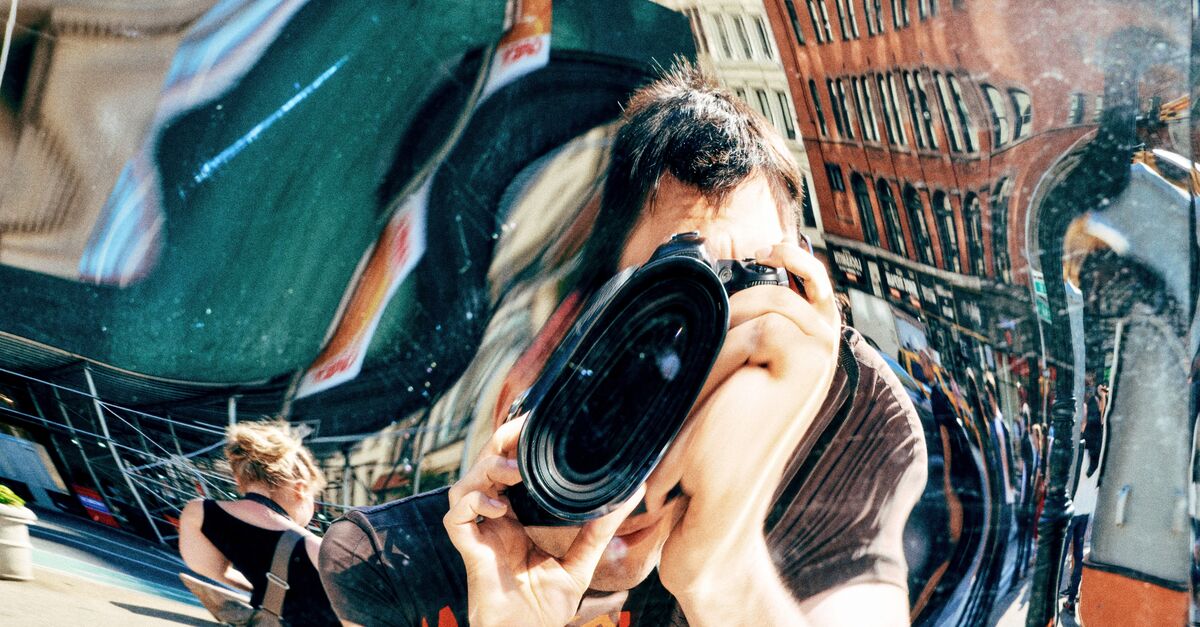Climate psychologist Renée Lertzman no longer has to persuade business leaders to let her speak to them. Rather, they are now inviting her with undisguised eagerness. “I am no longer trying to convince people to be more sustainable. People bring me in,” she explains. “I go where people recognise that they’re struggling to be internal sustainability change leaders. Perhaps the team is feeling stretched and potentially demoralised. They need some help.”

This shift, from outsider trying to be heard to someone to whom companies look for support, reflects the wider changes across the business world. A large number of businesses have committed to achieving net zero. Now, companies and their stakeholders want to see real progress on targets.
Research by Net Zero Tracker, an independent database measuring progress towards net zero worldwide, shows that the proportion of companies in the Forbes Global 2000 that have committed to reaching net zero rose by more than 40% over the 16-month period to July 2024, reaching around 1,180.
Making the pledges is the easy part, of course. It is the effort required to meet those goals that sees companies struggle. In its most recent annual stocktake, Net Zero Tracker pointed to failures in ‘stage three’ of net zero progress – the part that demands measurable action.
Making good on the promises
According to our 2024 global study, which surveyed business leaders across a range of sectors, this challenge goes right to the top of the leadership ladder.
Our research finds that, at company level, executives are confident they can achieve their sustainability objectives. As many as 85% foresee a transition to net zero by 2050, and 59% believe they will be in charge of a fully sustainable business model by 2035.
It’s at the individual level where the numbers take a hit. Nearly two thirds (61%) of the business leaders surveyed see their own contributions to their company’s sustainability efforts as low or just average. At the same time, 71% perceive their industry peers to be performing strongly on sustainability.
According to Lertzman, this is unsurprising. “This is the human response in the face of the overwhelming,” she says.
We discount our own contribution. We feel like it’s not enough. That then leads to even more unproductive behaviour.
As a psychologist, Lertzman has drawn on research from different fields and adapted it to support business leaders in expanding their roles to incorporate the sustainability drive. “What I'm attempting to do is direct people to seeing themselves as ‘guides’ or change leaders in a company," she explains. Her mission is to foster in business leaders the skills that enable others to make change happen.
Encouraging a reflective, empathetic approach
In practice, what that involves is a mindset shift, starting with developing capacity for self-reflection. This, Lertzman teaches, is a necessary first step towards meaningful engagement with both internal and external stakeholders.
“When I come in, one of the things I like to do as soon as possible is interview and survey stakeholders, business partners, senior leaders in finance,” she explains. “What I'm hearing is that people in the sustainability and climate space are coming in with a particular skill set that's highly specialised and very technical. They may not have the orientation or training to do complex stakeholder engagement, which is understandable.”
Lertzman points to stakeholder management as one of the big struggles for the companies she works with. Our research supports this, highlighting collaboration with other departments as the main personal challenge for business leaders as they seek to achieve their sustainability objectives. They also report balancing conflicting agendas as the hottest friction point when it comes to dealing with other stakeholders.
A first step to aligning priorities, says Lertzman, is listening to and acknowledging the concerns of each group. “It’s about how attuned you are to your stakeholders,” she says. “Acknowledgement does a lot of heavy lifting – it's so simple and yet so powerful. And it serves to build trust.”
The attributes Lertzman talks about – trust, honesty, humility, compassion – might once have seemed out of place in the world of business and shareholder value but this has now changed to such an extent that many leaders now consider them core business values.
“For some people, it is a big shift, because the qualities we're talking about aren’t necessarily seen as compatible with the capacity to lead people to be highly successful in a business setting,” she notes. But, she adds, "the ‘business-as-usual’ approach is not working, as reflected in the growing body of business literature focused on learning through failure or introducing concepts such as ‘radical humility’ ‒ that is, learning to be a ‘badass’ leader while still striving to be a good person."
The leaders of today and tomorrow are the ones who embody and emulate these qualities of humility, of empathy.

Administering change in ‘micro-doses’
Lertzman stresses that when companies struggle to turn long-term commitments into action, there is also a psychological impact. As the climate crisis now pervades both the mainstream and business consciousness, and employees try to tackle the existential threat it represents, the degree of change involved can provoke anxiety.
Lertzman recommends cushioning the shock of change with a more gradual approach. “I am a big proponent of creating small spaces within business where people can start to experiment and practice being more open, to try different ways of working together,” she explains. She labels this the ‘micro-dose approach’.
She suggests starting with an ‘off-site’ or retreat, where conversations and interactions can happen in a slightly different way. But it’s the people at the top who must set the tone. “The leader has to be the one to model this,” she says.
“Whenever I have found traction and success, it's only because a senior leader was willing and able to show up as the guide. [They should be] someone who is willing to be more vulnerable, to acknowledge their learning edges, to invite feedback and to give people permission to move into new territory.”
By adopting these psychological insights and fostering small, incremental changes, businesses can create a supportive environment for achieving their sustainability goals. With leaders acting as sustainability guides within these spaces, the leap from pledging change to actually making it happen will seem much less daunting.
The views and opinions expressed in this article are those of the participants of the survey or interviewee and do not necessarily reflect the views or opinions of ING
About the survey |
In Q1 2024, ING surveyed 575 senior executives (including 50% at C-suite level) working in eight sectors: agriculture, automotive, construction, consumer electronics, energy and utilities, food and beverage, packaging and containers, and transport and logistics. The executives were based in 15 countries: Australia, Belgium, China, France, Germany, Hong Kong, Italy, the Netherlands, Poland, Romania, Singapore, Spain, Sweden, the UK and the US. We’d like to thank Dr Renée Lertzman, climate psychologist and researcher, for her time and insight. |
Society is transitioning to a low-carbon economy. So are our clients, and so is ING. We finance a lot of sustainable activities, but we still finance more that’s not. See how we’re progressing on ing.com/climate.


